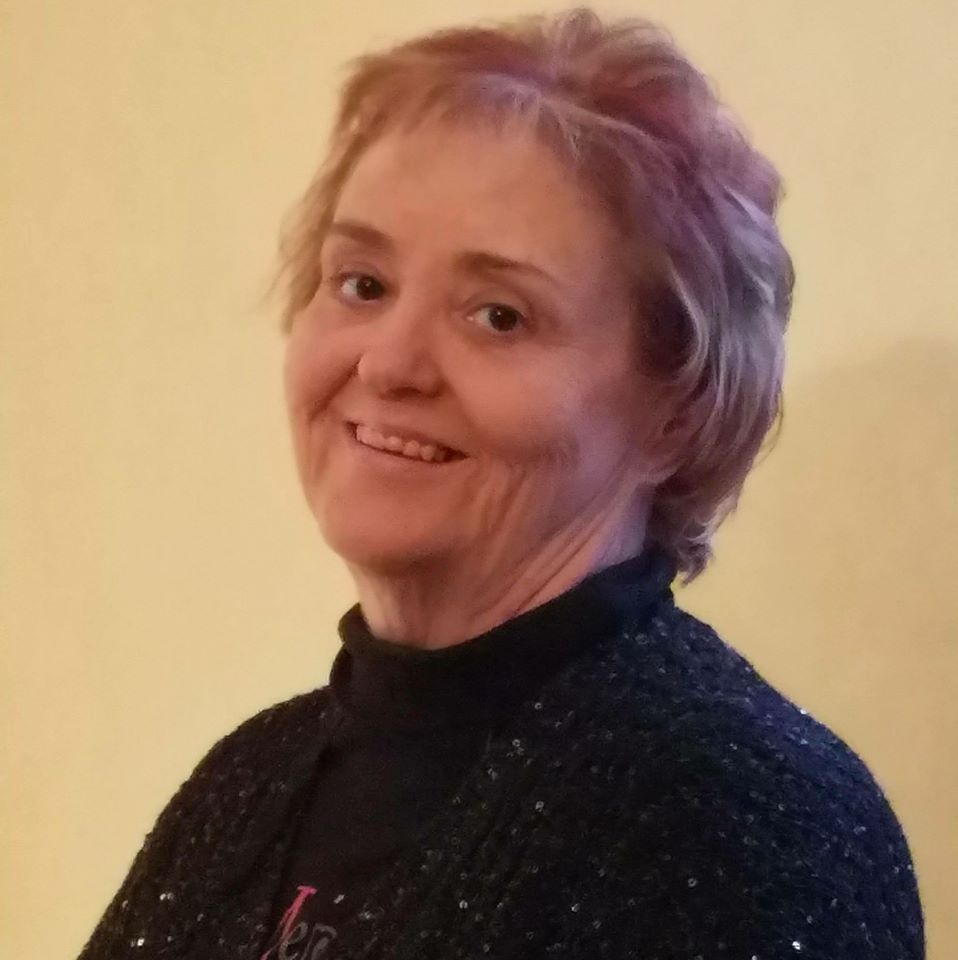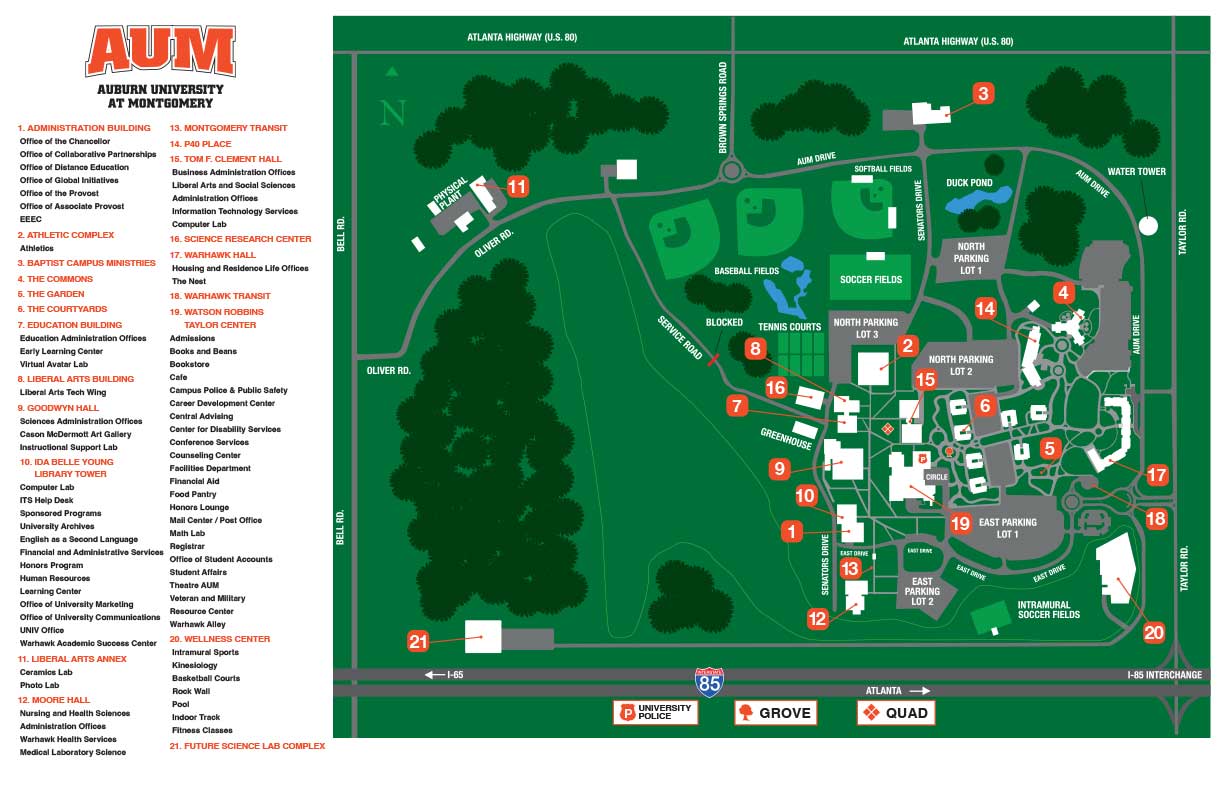A University in Motion. Apply now!
Be the Change
As a social worker, there are many ways you could care for the wellbeing of others. The National Association of Social Workers defines social work as “the professional activity of helping individuals, families, groups or communities enhance or restore their capacity for social functioning or creating societal conditions favorable to that goal.”
With a national job growth projection of 12% over the next decade, social workers can choose to work in settings such as schools, mental health clinics, child welfare and human service agencies, hospitals, nursing homes, substance abuse centers and others. The state of Alabama has identified social work as an area of critical need.
To get the educational foundation you need for this profession, AUM provides a Bachelor of Social Work (BSW) program as the concluding phase of a two-phase curriculum. In the first phase, you’ll be enrolled in the Pre-Social Work concentration of the Sociology bachelor’s degree program. Upon completion, you’ll be able to apply for admission into the BSW program, which is designed to take another two years to complete, depending on class loads and other factors.
In the first phase, you’ll be enrolled in the Pre-Social Work concentration of the Sociology bachelor’s degree program. Upon completion, you’ll be able to apply for admission into the BSW program, which is designed to take another two years to complete, depending on class loads and other factors.As a whole, the Social Work program at AUM educates social workers to be ethical and competent practitioners who intervene and advocate for social, economic and environmental justice across all system levels—individuals, families, groups, community, and society—while utilizing a generalist perspective.
AUM’s BSW program, grounded in a liberal arts perspective, educates social workers to be ethical and competent practitioners who intervene and advocate for social, environmental and economic justice across all system levels (individuals, families, groups, community, and society) while utilizing a generalist perspective within a person-in-environment context. The program promotes a commitment to professional ethics and values, critical thinking, professionalism, lifelong learning, evidence-based practice, strengths-based perspective, justice, and service. The program is committed to culturally responsive practice, social change, and the betterment of individuals, families, groups, community, and society in order to create a more equitable society locally, nationally, and globally.
The program prepares students to be:
The BSW program educates students to meet the nine professional competencies developed by our accrediting body, the Council on Social Work Education.
AUM’s BSW program is accredited by the Council on Social Work Education’s Commission on Accreditation. Accreditation was effective 2021.
If you seek admission to the program beginning in the Fall semester, apply between February 14-28. For the Spring semester, apply between September 15-30. For More information contact.
Requirements for Admissions Consideration
Complete following courses with a C or higher:
Complete following courses with a C+ or higher:
Complete Minimum of 45 Credit Hours with a Minimum Cumulative GPA of 2.25
Application Process
Complete the application packet by:
Essay Instructions
Write an original 3 to 4-page typed essay in which you:
This essay should not be a paper from a previous class.
The Know How
What you will know with a Social Work degree from AUM
The courses in this program help you become a critical thinker, with skills such as collecting and assessing information, drawing conclusions and evaluating those conclusions.
Surveys with employers tell us that writing, researching, presenting, and critical reading are important career skills for serious job candidates. You’ll start developing those and other skills as you launch a lifetime of learning.
This program will help you prepare for graduate studies—should you choose to pursue them—to advance in your career and have the best shot at advancement or leadership roles.
Through case studies using real world examples, hands-on assignments, internship opportunities, and professional networking opportunities, you’ll be ready to jump into the job market.
Points of Pride
Soaring Warhawks
Customize Your Concentration
Join a Club
Rewarding Occupations and Job Growth
People who want to serve people will be attracted to this program, the completion of which is the gateway to a bachelor’s degree in social work.
Yes. Please review our university-wide scholarships.
With a sociology degree with a concentration in Social Work, you will be ready to undertake a variety of career choices. AUM’s Career Development Center helps you jumpstart your job search and use your network to expand your career options.
Write an original 3 to 4-page typed essay in which you:
This essay should not be a paper from a previous class.
Social Work program admission applications are accepted twice per year.
Bachelor of Social Work
With this bachelor’s degree as your educational foundation, you have many career possibilities.
| Career/Job Title | Entry-level Education | Job Growth 2020-2030 | Annual Median Salary |
|---|---|---|---|
| Social and Community Service Manager | Bachelor’s degree | 15% (Faster than average) | $74,000 |
| Substance Abuse, Behavioral Disorder, Mental Health Counselor | Bachelor’s degree | 23% (Much faster than average) | $47,660 |
| Social Worker | Bachelor’s degree (master’s degree for clinical social worker) | 12% (Faster than average) | $50,390 |
Note: Salaries vary depending on several factors including your level of experience, education, training, demographics, and industry. Here is a sampling of the future job growth and salaries according to the U.S. Bureau of Labor Statistics.
Quick Facts
College of Liberal Arts and Social Sciences
At AUM’s College of Liberal Arts and Social Sciences, you will have powerful learning experiences, working side by side with professors who have real-world experience.
Our academic departments include Communication and Theatre, Criminal Justice, Economics, English and Philosophy, Fine Arts, History and World Cultures, Political Science and Public Administration, Sociology, Anthropology and Social Work, and Army ROTC. To help you pay for college, you might qualify for one of our scholarships.
Official Name of the Social Work Degree
Bachelor of Social Work

Susan Cashwell
Associate Professor; Social Work Program Director

Susan Cashwell
Associate Professor; Social Work Program Director | College of Liberal Arts and Social Sciences
Modality
This degree requires students to meet on campus. Students in these courses enroll in a program to connect in a campus setting and to collaborate using a variety of technological and educational tools. Professors play an inspirational role in building relationships among teams and individuals in this setting. The criteria for many programs can only be met with In-Class coursework. Be sure to check with your advisor to understand the best route to take.
Courses Include
To complete this degree concentration, you will need to complete courses in the university core, fine arts, and electives. Contact us for a current listing of courses required to complete this program.
The course listings below are only a few of the classes this concentration offers. For a full review of this program in detail, please see our official online catalog AND consult with an academic advisor.
| Course # | Course Name | Course Description |
|---|---|---|
| SOWK 1000 | Introduction to Social Work | Examine the community social service agencies and programs offered including career opportunities in numerous fields of social work. |
| SOWK 2000 | Professional Development for Social Workers | Learn professional behavior, self-care, basic knowledge and skills relevant to professional social work practice. Course examines personal values, as well as societal values, and analyzes their interaction and interrelationship with the social work professional values. |
| SOWK 2220 | History of Social Welfare | Understand the philosophical and historical perspectives of social welfare services and social work practices. |

